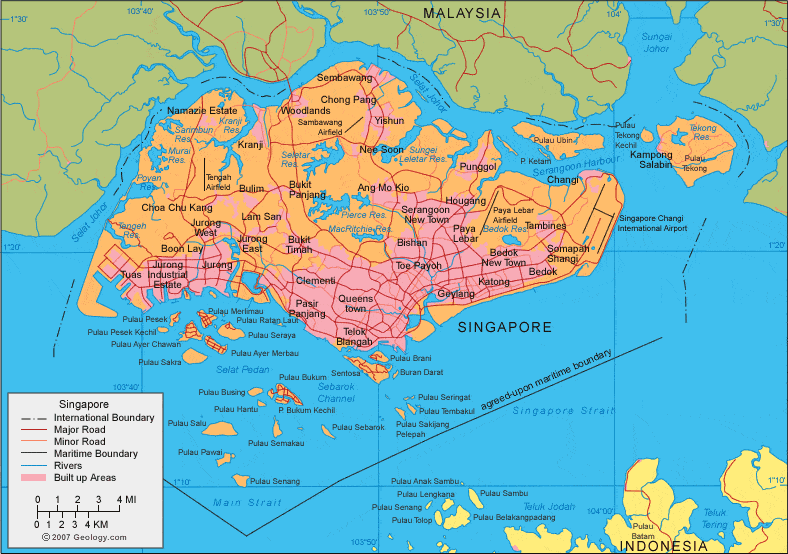Secure Da Bag
Veteran
Is Singapore's 'perfect' economy coming apart?
@DEAD7 @King Kreole @storyteller @FAH1223 @the cac mamba
Singapore is a weird mix capitalism, market based solutions, and socialism. I don't know if it can really be categorized as a social democracy. However, other economists who seem to be pro-capitalism are concerned that if this breaks down, the other capitalist countries don't stand a chance. At least from my cursory reading.
Thoughts?
Yeoh interprets this kind of nativism and nationalism, which is on the rise around the world, as a demand for social protection that is not being met within the current political system.
"When people hurt ... they go back to their animal way of looking at things, which is totally irrational, primitive, which is what you have in the U.S. and U.K. right now," he says.
Yeoh insists that the inevitable impacts of globalization and technological shifts on average people need to be mitigated by governments through social safety nets. Time is running out, and the threats are mounting.
"These forces of the gig economy, [artificial intelligence,] technological unemployment, competition from China and India, the breakdown of the global trading system, the disintermediation of manufacturing chains around the world ... the aging of our population -- are going to gradually immiserate the average voter. It's a slow fuse time bomb," he says. "We've got to think: Social protection is the key."
Self-reliance
Welfare is a hard sell in Singapore, where meritocracy is still a mantra. The country has no unemployment insurance, very limited unemployment benefits or in-work benefits for low wage earners, little state support for pensions. This is partly a function of its early success. As it moved rapidly through the stages of development, people's livelihoods improved enough that welfare was not a consideration.
"Singapore, for the first 40 years, never needed robust social safety nets," Donald Low says. "Now that society is a lot more mature, and all the low-hanging fruit in terms of progress up the socioeconomic ladder ... have been harvested. With or without growth, social mobility is going to slow."
The government has made some concessions, with support packages for some elderly and poorer Singaporeans, and tighter migration controls. Critics like Low and Keong argue that these are still inadequate, and that the government could afford a lot more. Singapore runs a structural fiscal surplus -- S$2.1 billion in fiscal 2018. Almost uniquely among developed economies, Singapore has the financial firepower to tackle its problems.
"We are so parsimonious. We save everything for a rainy day," Yeoh said. "But we need to use that surplus to stave off the bogeyman. ... It's raining like hell."
@DEAD7 @King Kreole @storyteller @FAH1223 @the cac mamba
Singapore is a weird mix capitalism, market based solutions, and socialism. I don't know if it can really be categorized as a social democracy. However, other economists who seem to be pro-capitalism are concerned that if this breaks down, the other capitalist countries don't stand a chance. At least from my cursory reading.
Thoughts?

 interesting.
interesting.







